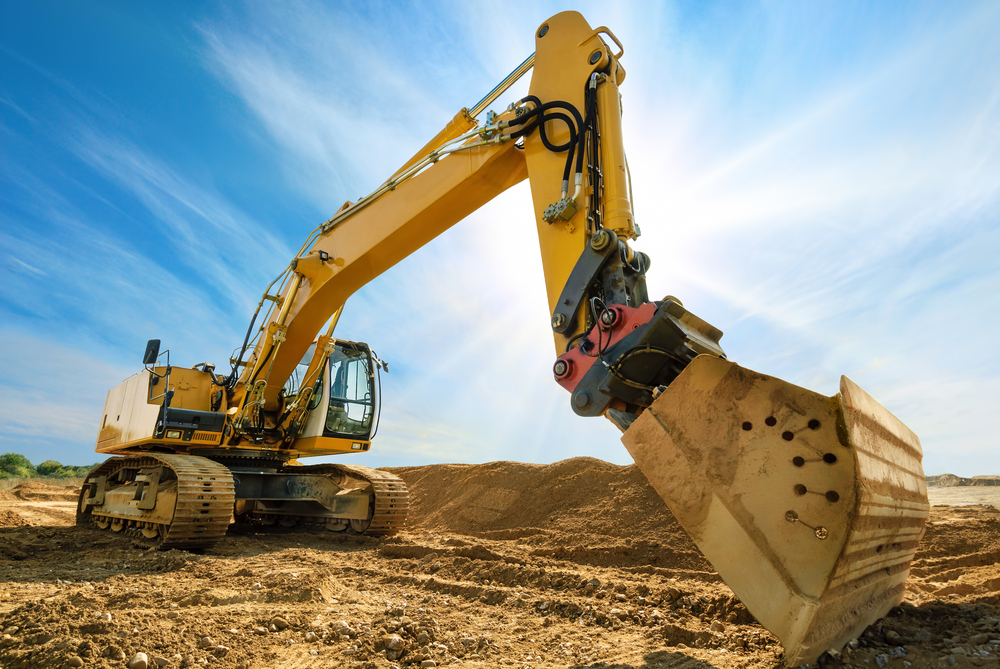
Construction plant operators use heavy equipment to dig, lift, and move materials on construction sites. They may dramatically transform landscapes or construct magnificent structures in a short amount of time. Plant operators may specialise in a particular piece of equipment, such as an excavator or a large crane, and must have excellent spatial awareness to operate such heavy machinery.
Responsibilities
Throughout your apprenticeship, you may help:
- use 180 and 360 degree excavators
- move earth with bulldozers and dumper trucks
- operate a crane, under radio direction from a slinger or signaller
- level out work areas with compactors
- operate piling rigs and concrete pumps
- use forklifts to unload and move building materials around the site
- change buckets, shovels and other attachments
- make safety checks on machines.
Salary
- Apprentice construction plant operators can earn in the region of £19,000 – £25,000
- Trained with experience plant operators can earn in the region of £25,000 – £30,000
- Senior plant operators can earn in the region of £30,000 – £40,000
Working hours
You will typically work 48 to 50 hours per week, working evening and weekends and away from home.
Working environment
You could work on a construction site.
Your working environment may be outdoors in all weathers, noisy, at height and dirty.
Qualifications
Qualifications you can achieve as an apprentice construction plant operator include:
- Level 2 Construction Plant Operative – Entry requirements for this level include some GCSEs, usually including English and maths, or equivalent, for an intermediate apprenticeship. This qualification takes 15 months to complete.
Skills
On a construction plant operator apprenticeship, you’ll learn:
- physical skills like movement and coordination
- to be thorough and pay attention to detail
- knowledge of building and construction
- the ability to work well with others
- the ability to operate and control equipment
- the ability to use, repair and maintain machines and tools
- the ability to work on your own
- patience and the ability to remain calm in stressful situations
- to be able to carry out basic tasks on a computer or hand-held device.
Career path and progression
You could move into construction site supervision, site estimating or work in plant hire and equipment sales.
You might become a supervisor or coordinator which involves choosing the right machinery for jobs and assessing new equipment.
